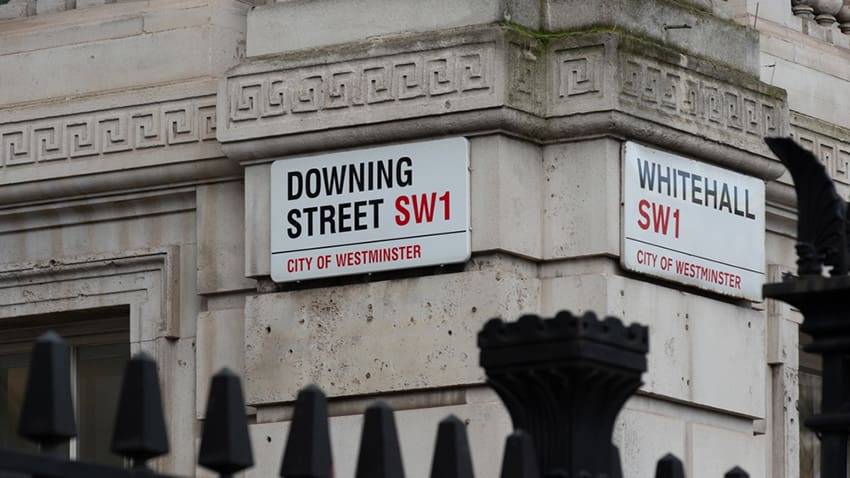A fresh report by the Autonomy Institute reveals that firms which contributed to Labour have been granted contracts by the government totalling nearly £138 million within the party’s initial year in power. This revelation has sparked renewed debates on political transparency and the integrity of the procurement process.
The report has highlighted patterns reminiscent of those observed during the previous Conservative regime. Anti-corruption campaigners are now advocating for reforms to exclude companies that make donations to political parties from bidding for public contracts.
Key Findings
The report identified eight firms that collectively donated £580,000 to Labour between July 2024 and June 2025. These same companies were subsequently awarded contracts amounting to £137.9 million within two years of their contributions.
The Autonomy Institute asserts that the issue of corporate donors winning public contracts transcends party lines, affecting both Labour and Conservative-led governments. It was discovered that since 2001, Labour-supporting companies have been granted contracts totalling £796 million, while those affiliated with the Conservatives have received contracts valued at £25.4 billion. This includes contracts awarded during the pandemic to businesses such as Randox Laboratories and Globus Shetland.
Call for Reforms
Dr Susan Hawley, Executive Director at Spotlight on Corruption, views these findings as an exposé of systemic flaws in the UK’s handling of conflicts of interest. She argues that nothing undermines public trust more than the perception that privileged access to power results in preferential access to taxpayer-funded contracts.
Dr Hawley is advocating for systemic solutions, including the exclusion of political donors from the procurement process and possible prohibitions on directors of such companies making political contributions.
Dr Will Stronge, Chief Executive of the Autonomy Institute, agrees, asserting that when the corporations that finance political parties also secure government contracts, the boundary between public service and private influence becomes perilously vague. He suggests that the only way to address these concerns is to prohibit political donors from receiving government contracts.
Named Companies
Among the companies named in the report are Baringa Partners, which donated £30,061 to Labour in January 2024 and has since received £35.2 million in government contracts, and Grant Thornton, which donated £81,658 between March 2023 and July 2024 and subsequently secured contracts worth £6.5 million.
The report also identified four of the government’s 39 ‘strategic suppliers’ that donated to political parties and later received major contracts. These firms, on which the public sector is heavily reliant, included Fujitsu, KPMG, Microsoft, and PwC. Both Microsoft and PwC were found to have made donations under Labour and Conservative governments.
Government Response
In response to the report, a government spokesperson stated that all government contracts are awarded fairly and transparently, in compliance with the Public Contracts Regulations 2015. They further asserted that all decisions are rigorously scrutinised to ensure the best value for the taxpayer. Similarly, a Conservative Party spokesperson dismissed allegations of impropriety, stating that all donations were fully compliant with Electoral Commission rules and that donations have never influenced the awarding of government contracts.
The report is likely to amplify scrutiny of Labour’s corporate fundraising activities and apply pressure on the government to tighten procurement rules and improve public transparency around political donations. Before the 2024 election, Labour was among the most vocal critics of such practices, condemning the awarding of contracts to Conservative-linked companies during the pandemic without open tendering. The study’s findings have implications for future political and corporate relationships, with the potential for significant reform in the way government contracts are awarded.


